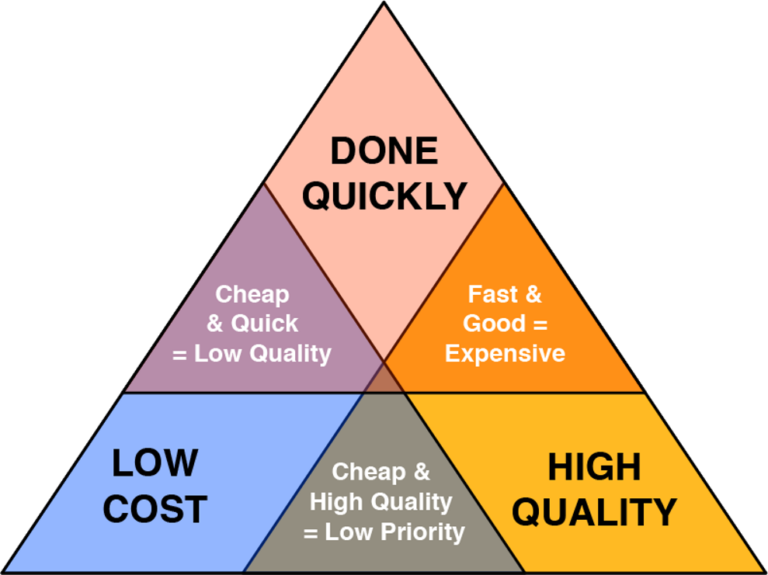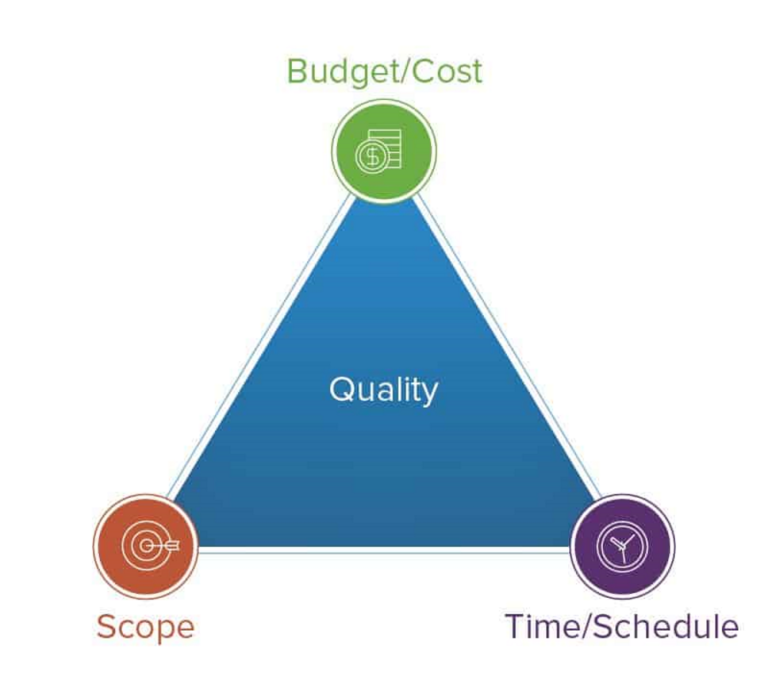Waterfall and Agile are two of the most popular project management approaches in the software development industry. Both concepts are extremely complicated to grasp and understand from a student’s perspective. As students, we rarely get the opportunity to participate in a project which uses such approaches. Today, we will do our best to simplify these methods in a relatable manner for students.
What is Project and Project Management
Let’s start first by defining what a Project is and what it means to do “Project Management”
A Project can be loosely defined as an undertaking of plans to achieve a specific goal.
It is that simple.
If you plan your schedule for the day in order to prepare for your exam tomorrow, your to-do list may probably look something like this:
- Wake up
- Breakfast & Chill (Youtube)
- Review & Chill (Spotify: Relaxing Music)
- Lunch & Chill (Youtube)
- Review & Chill (Spotify: Study Music)
- Sunset & Chill (Youtube)
- Realize the day is almost over
- Panic (Spotify: Inception Movie Soundtrack)
- Skip Dinner
- Review Hardcore
- Panic Some More
- Skip Sleep
- Take Exam at 8AM
- Submit Exam at 11AM
If your goal was to pass your exam, and you did because of your awesome to-do list, congratulations! You just completed a successful project!
Your to-do list may look sloppy, but hey, you got the job done. You just did project management.
Project Management is basically: getting things done.
Organizations and businesses which undertake projects will have more elements and intricacies with their project and project management. There will be differences between projects for small companies vs big companies, short-term projects vs long-term projects, etc. However, all projects will have the same elements or building blocks.
Building Blocks of a Project: Time, Cost, and Quality

This picture does a great job summarizing the impact of the different building blocks of a project.
As you can see, it is very difficult for a project to be able to achieve all three. Most projects succeed with two building blocks. However, getting two out of three usually results to a minor drawback.
Using the example above, focusing on Time (getting things done quickly) and Cost (getting things done at low cost) will result to a cheap, quick, but low quality project outcome. Meanwhile, focusing on Quality (getting things done with high quality) and Time will result to a fast, good, but expensive project outcome.
To learn more about projects and project management, check out this link.
Waterfall and Agile Method
For the longest time, the Waterfall method has been considered the traditional and most popular project management approach in the IT and software development industry. However, the advancement of technology, especially the emergence of Cloud computing (check out our article on Cloud here), has empowered startups to practice a more Agile approach. The lean and small teams of startup companies rely on the Agile method to get things done quicker and to release beta versions of their products in the market earlier.
Releasing MVPs (minimum viable products) earlier help startups get customer feedback, raise funds, and pivot to success much faster.
This is why Agile method has been gaining success and more popularity over the years. However, before we get ahead of ourselves and shout “Agile! Agile!” to passersby, it is important to compare and differentiate the two methods in order to get a better appreciation of both.
A good way to differentiate the two methods is by looking at how they interact with the Triple Constraints.
Triple Constraints Theory of Project Management

The figure above shows the three constraints on project management: budget, time, and scope. Budget and time are already explained above. The new word is scope.
Scope constraint talks about features and details involved in the software development project. Imagine the last app you used and all its features: UI, UX, dashboard, etc. The more features a software has, the bigger its scope. Looking outside the IT industry, scope of project may entail the details involved in it. For example, a college party with more scope will have more elements involved like professional DJs, guest celebrities, multiple mobile bars, smoke machines, first aid station, and more.
Waterfall Method vs Agile Method
The two popular methods handle the three constraints differently.
Waterfall Method has a fixed scope, and variable budget and time constraints.
Agile Method, has a variable scope, and fixed budget and time constraints.
Think of Waterfall Method as a more “stubborn” approach to project management with a very clear set of goals to accomplish and features to be included. It is more stubborn in the sense that it will be willing to increase its budget and extend its deadline schedule just to make sure that all desired features and scope are accomplished.
Agile Method, on the other hand, has a more forgiving approach with the scope of the project. With Agile Method, it is okay to come up short with some of the planned features of the project as long as you stick to the assigned budget and the agreed deadline. The fixed budget and time constraints are the reasons why Agile Method is popularly used by a lot of startups with limited resources: both manpower and money.
In order for Agile Method to reach the same level of features or scope as the Waterfall Method has planned, the former will have to undergo multiple iterations or cycles of development. Have you ever seen games with multiple launches of updates and latest versions? Games with Waterfall Method development will most likely have something like: v1, v2, v3 while games with Agile Method development will have: v1.1, v1.2, v1.3 and so on.
If you are interested to learn more about these project management methods, check out this article which discusses project management methods in detail.
